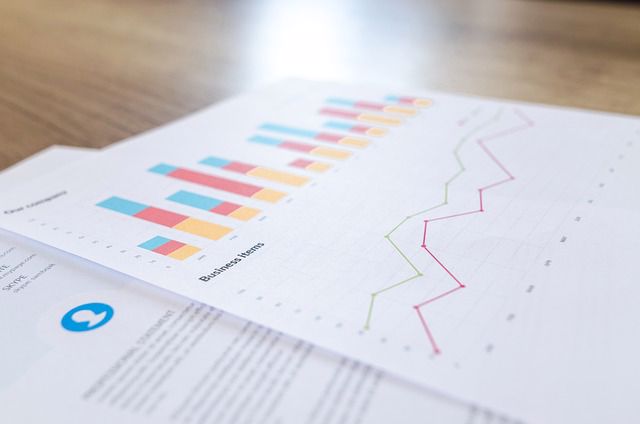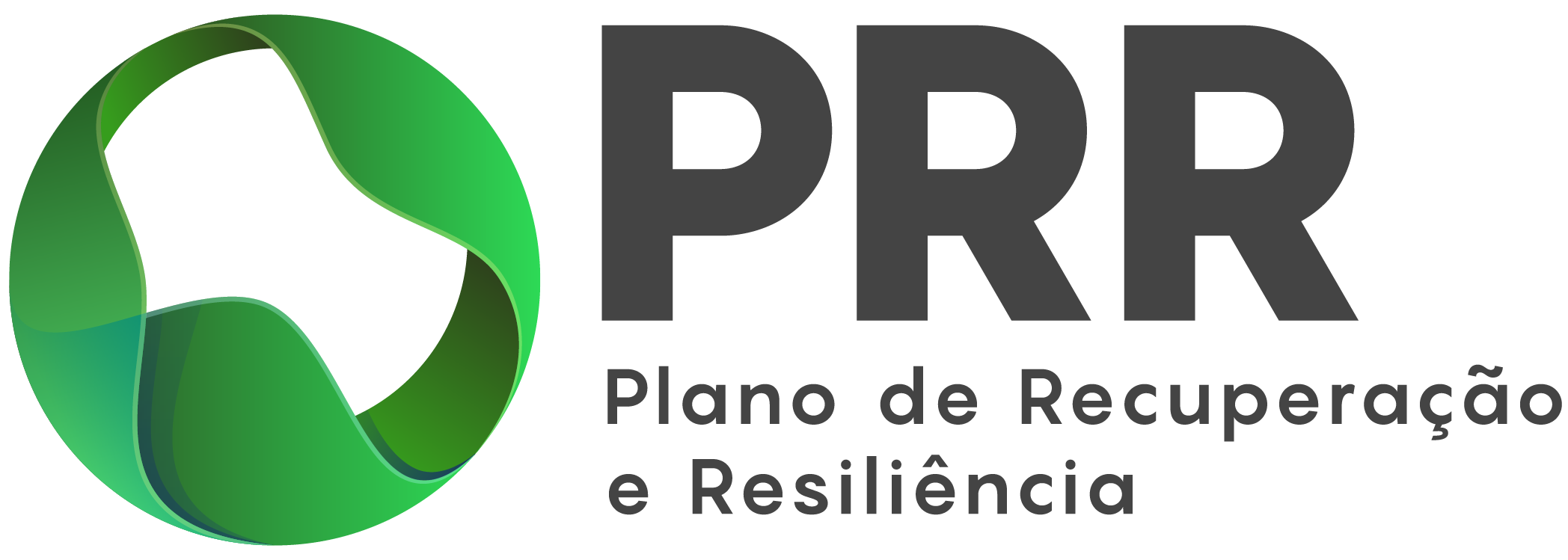Portugal’s credibility, combined with a solid regulatory framework, makes its capital market an increasingly attractive destination for global investors, says Luís Laginha de Sousa, Chairman of the CMVM – Portuguese Securities Market Commission. The regulator has been stepping up efforts to raise awareness of how the market works and to highlight its potential among companies, investors, and other economic stakeholders.
What makes the national capital market attractive to international investors?
Portugal’s credibility is clearly recognised by international investors who regularly participate in the various segments of the national capital market. The regulatory framework, namely the Asset Management Regime (RGA), and supervision aligned with European standards also foster predictability and trust. Efficient market infrastructures, including organised markets integrated into transnational platforms (Euronext and Mibel), with a high degree of openness and international connectivity, are also a key factor. The availability, experience, and competitiveness of support services for the capital market are also among the most distinctive factors in attracting international investors.
What is the current profile of international investors, including funds, in the national capital market? And in which segments are they present?
The Portuguese capital market does not impose restrictions on the participation of foreign investors, making it easy for them to access the market and all of its segments.Foreign investors subscribe to and trade securities representing the equity or debt of Portuguese companies. Several hold significant shareholdings (above 5 per cent) or reference stakes in companies listed on the domestic market. Most of the daily trading in listed shares is carried out from abroad.
All issuers included in the PSI have foreign investors among their top 20 shareholders. In 40 per cent of those issuers, 30 per cent or more of the top 20 shareholders are foreign.
Foreign investors are also present beyond the stock exchange, participating in other areas of the national capital market, such as through ownership of investment firms and asset management companies, or by investing in Portuguese investment funds. For instance, in the venture capital sector, between the end of 2019 and the end of 2024, the number of foreign investors holding units in venture capital funds increased fivefold, rising from 2,000 to over 10,000.
International investors come from a wide range of European and non-European jurisdictions and have diverse natures and profiles, which enrich the functioning of the capital market across its various segments. They constantly seek to identify investment opportunities aligned with their strategies and risk policies. The capital market plays this role of facilitating and streamlining the matching of supply and demand, with similar operating rules across national markets and swift execution of investment and divestment decisions.
Read the full interview here.




